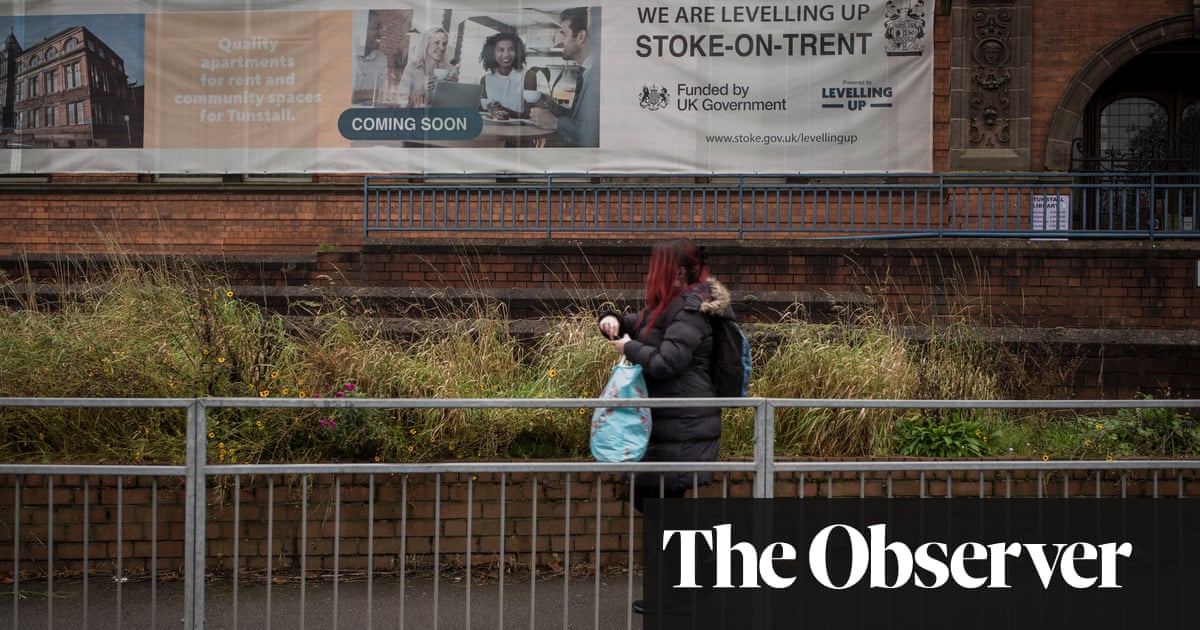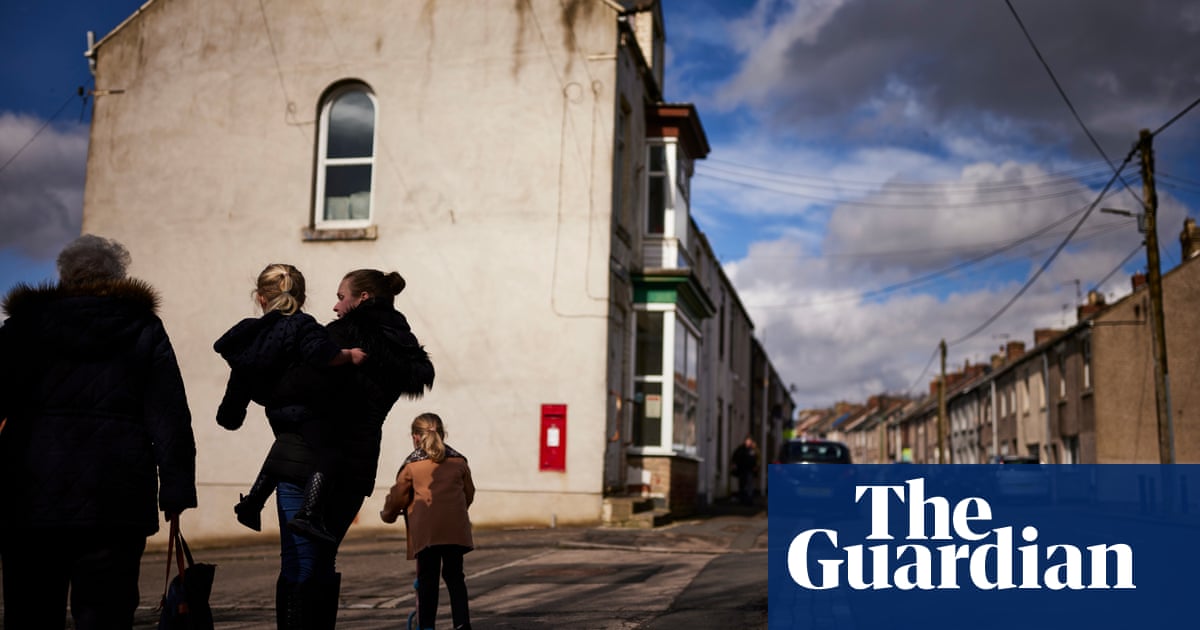
Privatising Channel 4 would sabotage Boris Johnson’s efforts to boost the British economy and cut future tax revenues by hundreds of millions of pounds, senior cabinet ministers have been warned.
Four prominent Scottish television executives have written to the chancellor, Rishi Sunak, Michael Gove, the levelling-up secretary, and Kwasi Kwarteng, the business secretary, urging them to oppose the “shortsighted” proposals to sell it off.
The previous UK culture secretary, Oliver Dowden, floated privatising the state-owned but advertising-funded broadcaster in a consultation paper last June, to consternation from the industry.
In their letters to the three ministers, which have been seen by the Guardian, the executives argue that Channel 4 plays an essential role in supporting and nurturing British broadcasting talent, making UK-wide programmes, in Glasgow, Belfast, Bristol, Cardiff and Leeds.
It buys programming from across the UK and guarantees to invest in programmes made outside London and the south-east. Channel 4 commissioning in the UK’s nations and regions is worth nearly £1bn to regional economies; it has spent £200m directly in Scotland since 2007, and supports 400 jobs.
It also allows production companies to own the rights to their programmes, unlike other channels, boosting the independent sector’s income. Producers argue this also means Channel 4 has much less economic value to private buyers, since they do not own the global rights to their shows.
“All evidence suggests, though, that once in private hands broadcasters prioritise shareholder returns, not broader public goals,” the four producers said. That, they warned, would cause “significant harm” to Boris Johnson’s levelling-up strategy, to spread investment and wealth outside south-east England.
There are strong suspicions Nadine Dorries, the current culture secretary, is wavering over privatising the channel, with signs the Treasury has become anxious about its economic rationale. The four producers believe targeting Sunak, Gove and Kwarteng will bring greater pressure on the cabinet as a whole, by making their policy areas central to the final decision.
“It is our shared view that selling the broadcaster will damage our national creative economy and threaten the existence of independent producers – currently an international success story for all the UK.
“Privatisation is a shortsighted move, contrary to any genuine levelling-up agenda, and any financial benefits to the exchequer would be short-term, as nought in comparison to the long-term loss of tax income generated year-in-year out by those independent producers and their employees, contractors, suppliers.”
The letter, organised and co-signed by Susan Aitken, the leader of Glasgow city council, has been signed by Jane Rogerson and Ross Harper, joint managing directors of Red Sky Productions, which made Spring at Jimmy’s Farm and Puppy School for Channel 4; Jane Muirhead, the managing director of Raise the Roof Productions, which produces Kirstie and Phil’s Love It or List It, and Gok’s Fill Your House for Free; and Alan Clements, the managing director of Two Rivers Media, which co-produces the hit series Escape to the Chateau.
“Over half the broadcaster’s commissioning budget is now spent outside London, further opportunities are emerging for young people entering the industry, and around a third of Channel 4’s £990m [economic value] is now across the nations and regions,” they told the three ministers.
“Channel 4 is actively levelling up the UK’s creative sector, with the supply chain ecosystems it nurtures having a positive impact on regional economic growth.”
A spokesperson for the Department for Digital, Culture, Media and Sport said no decision has been made on whether to press on with the sell-off but added its public service remit would be protected if it were privatised.
She said: “We value Channel 4’s contribution to levelling up and are clear its public service broadcasting remit and the government’s commitment to independent regional productions would continue following any potential sale.
“There is a wealth of evidence on the future challenges for linear TV broadcasters and it is right that a change in ownership to support Channel 4’s long-term sustainability is considered. This could allow more and quicker investment in creative content and new platforms to support the wider creative industries.”












